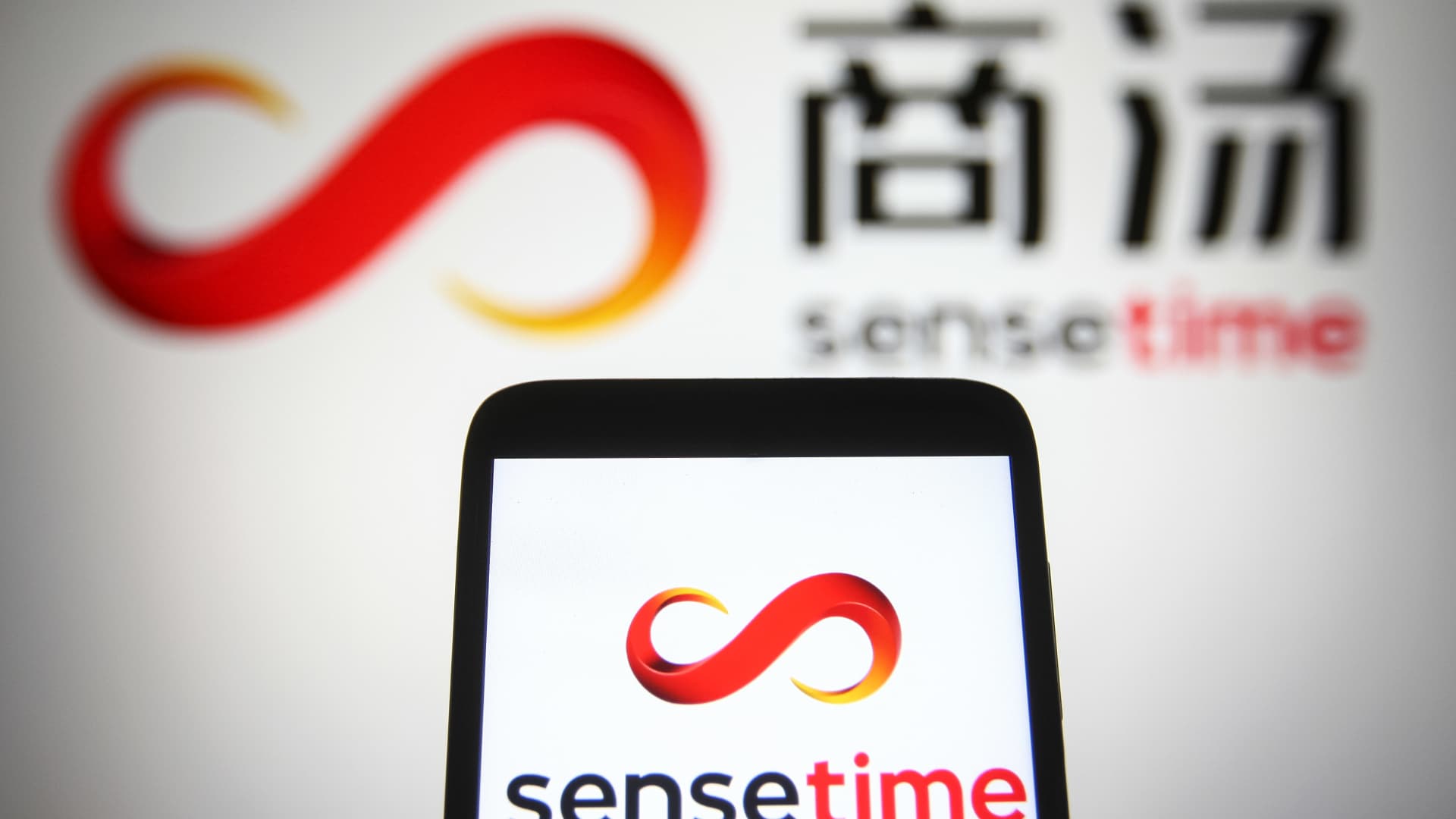Shares of SenseTime fell as much as 9.7% on Tuesday after U.S. short seller Grizzly Research alleged the Chinese artificial intelligence firm inflated its revenue.
SenseTime shares pared some of those losses in Hong Kong and closed 4.86% lower in the afternoon.
Grizzly Research alleged in a report on Tuesday that SenseTime engaged in a so-called “revenue round-tripping” program.
“SenseTime either directly or through intermediaries provides funds to customers that in turn are used to purchase goods from SenseTime that might never have been delivered,” Grizzly Research alleged. The short seller said it got this information via two court cases in China that described the scheme.
SenseTime responds
SenseTime said in a Hong Kong Stock Exchange filing that it is “reviewing the allegations and considering the appropriate course of action to take to safeguard the interests of all shareholders.”
The Chinese firm said it believes Grizzly Research’s report is “without merit and contains unfounded allegations and misleading conclusions and interpretations.”
SenseTime added that the report “shows a lack of understanding of the Company’s business model and financial reporting structure, and a lack of thorough reading of the Company’s public filings.”
Grizzly Research did not contact SenseTime to verify the information, SenseTime said in its statement.
SenseTime issues grow
SenseTime was once viewed as one of China’s most exciting artificial intelligence companies and is best-known for computer vision technology that can power facial recognition software.
However, the company has been a target of U.S. government sanctions. In 2019, Washington put SenseTime on the so-called Entity List, which restricts American firms from doing business with it. The U.S. alleged that SenseTime is linked to human rights violations in China’s Xinjiang region.
At the time, SenseTime said that it does “not have any business in, nor are we aware of our technology being used in the Xinjiang region.”
SenseTime proposed an initial public offering in Hong Kong in mid-2021 but postponed the listing later that year after the U.S. government added it to a list of “Chinese military-industrial complex companies.”
The company ended up doing its listing at the end of December, pricing shares at 3.85 Hong Kong dollars ($0.49). Shares closed at 1.37 Hong Kong dollars on Tuesday, 64% below their IPO price.
Due to SenseTime’s U.S. government blacklisting, the company “has a severely limited target market and therefore no outlook for any real improvement,” Grizzly Research said in its report.
The short seller also took aim at SenseTime’s technology, claiming it has “no competitive moat in AI.”
“We believe SenseTime is operating a fundamentally dead-ended facial recognition software business, plus some additional AI R&D projects with almost no chance of scalable future profits,” Grizzly Research said.
